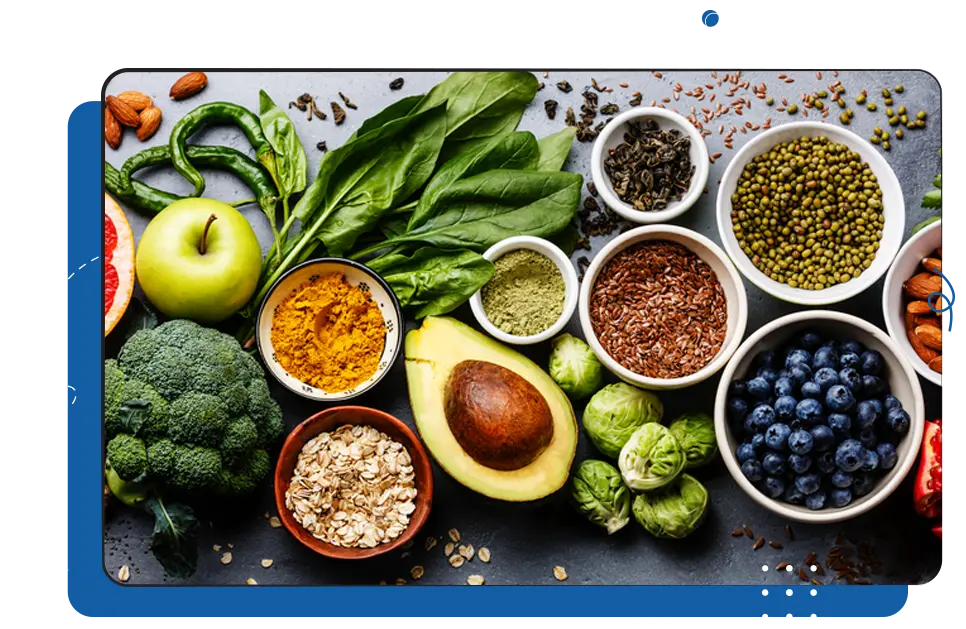CTE Curriculum
Prepare learners with CTE curriculum aligned to industry standards.
About the Course
The Food Science course is the study of the nature of foods, the causes of deterioration, the principles underlying food processing and the improvement of foods for the consuming public. In Food Science students will conduct laboratory and field investigations, use scientific methods during investigations and make informed decisions using critical thinking and scientific problem solving.
SAMPLE LESSON
Food Lab Challenge: Impact of Heat on Food
Each lesson includes media-rich presentations, a pre-made lesson plan, assessments and engaging real-world projects and activities. To get an idea of what iCEV offers, explore the sample lesson and resources below.
Lesson Resources:
Lessons Available in This Course
- A Closer Look at Nutrition: Carbohydrates
- A Closer Look at Nutrition: Fats & Lipids
- A Closer Look at Nutrition: Metabolism & Energy
- A Closer Look at Nutrition: Proteins & Amino Acids
- A Closer Look at Nutrition: Vitamins, Minerals & Water
- A Scientific Look at Nutrition
- Acids & Bases in Food Science
- Chemical Processes in Food Science
- Conducting Lab & Field Investigations: Food Science
- Dairy Science
- Food Packaging Options & Guidelines
- Lab Safety Procedures: Food Science
- MyPlate: The New Food Guide
- Professionalism in the Sciences: Food Science
- Science Explained: Food Science
- Scientific Principles: Chemical Properties
- Scientific Principles: Enzymes
- Scientific Principles: Solutions & Emulsions
- The Science in Food Handling & Storage
- The Science in Food Preservation





